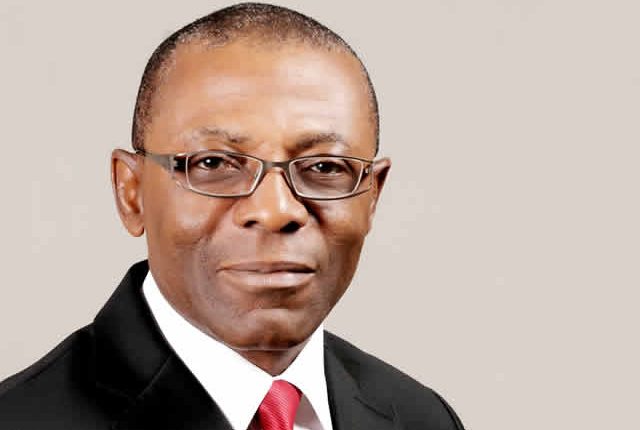The Minister of Health, Professor Isaac Adewole has said that plans were underway for Primary Healthcare Centers to screen and treat diabetes and hypertension.
The Minister made this known on Monday in Abuja, while declaring open, 4th Pan- African Diabetic Foot Study Group Conference and the Advance Course on Diabetic Foot/ Podiatry organized by the Pan-African Diabetic Foot Study Group in collaboration with World Diabetes Foundation and Mark Anumah Medical Mission.
The Minister said, “we will go beyond screening of diabetes at the teaching hospitals, but we want to mainstream it in our primary healthcare centres.”
“As we are implementing the basic healthcare provision funds in PHC in this year’s budget, we want to offer care to Nigerians in the Primary Healthcare level, where the large number of the population received medical care”, Adewole said.
The Minister said that situation where everyone goes to teaching hospitals would not help the Nigerian health system.
The Minister further explained that the Federal Government would conduct a survey this year to determine the number of people affected by such diseases.
“We want to know how many people have the problem so that government can provide care for them appropriately”, he said
In his remarks, chairman of the occasion, Professor Oladipo Ladipo, President, Association of Reproductive Health said that Nigeria had the largest population in Africa and indirectly has a large number of diabetic patients in Sub-Sahara Africa.
He said Nigerian Doctors, Nurses, Orthopedic Surgeons must work together to ensure the diabetic foot was reduced to the barest minimum.
Professor Ladipo said that more than 120 delegates converged from various parts of Africa to discuss the way forward on diabetic foot /podiatry. He emphasised that Nigeria must develop another way to manage non- communicable diseases.
In her presentation, the Chairperson, Local Organising Committee, Prof. Felicia Anumah of University of Abuja Teaching Hospital said that diabetic had become pandemic and would lead to an increase of diabetic foot.
She said the disease is silent until it sets up complications, is has high economic cost and difficult to manage when the case is presented lately.
“50 per cent of the patients present their cases when the only option is amputation,” she said.
She called on the general public to always visit healthcare providers for a checkup if there is any pain in the feet.




